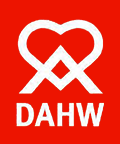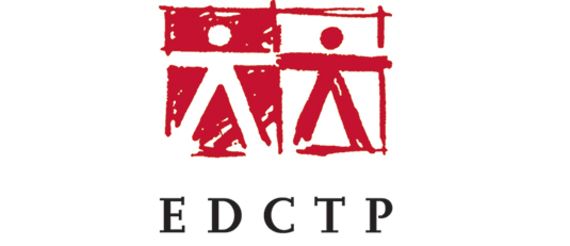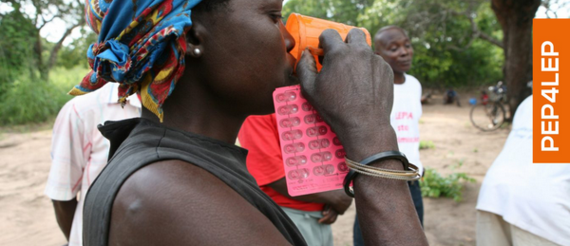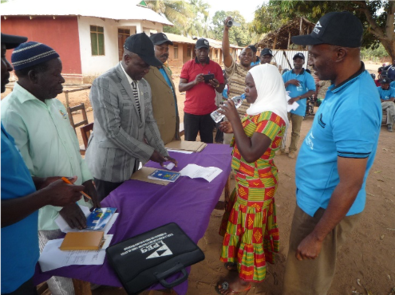
After DAHW in cooperation with the Novartis Foundation, scientific institutes and other NGOs succeeded in proving that the so-called Leprosy Post Exposure Prophylaxis (LPEP) - the one-time administration of the antibiotic rifampicin for contact persons of leprosy patients - interrupts the transmission of leprosy by 60 percent, DAHW is now implementing a follow-up study in cooperation with an international consortium to test how LPEP can be integrated most effectively as a standard measure in national health programs.
The Post Exposure Prophylaxis For Leprosy (PEP4LEP) study is being conducted jointly with Netherlands Leprosy Relief (NLR), the National Health Programs in Ethiopia, Tanzania and Mozambique, and Erasmus University in Rotterdam for a period of four years. In Ethiopia and Tanzania, DAHW research coordinator Dr. Christa Kasang is the study leader. The project is funded by the "European and Developing Countries Clinical Trials Partnership" (EDCTP) and is thus the first leprosy research study to be financed with EU funds.
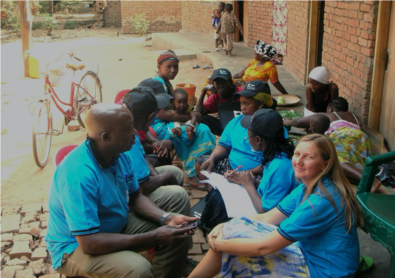
In addition to questions about costs and logistics, the main aim is to find out how the relatives of leprosy patients can be made to accept the prophylactic one-time use of the antibiotic. Because of the still strong stigmatization of leprosy, those affected shy away from going to the doctor and a disease is often concealed. By equating leprosy with other skin diseases, the study directors hope to increase the willingness to participate in the LPEP measure.
To this end, the PEP4LEP study will test three methods:
- Health workers will use mobile "skin (skin) camps" to visit communities where new leprosy patients have been found to screen relatives and villagers for leprosy and other skin diseases.
- Inpatient health centers train helpers so that affected people can send their relatives to them.
- Trained health workers visit households of affected people in person.
In the first year of the "PEP4LEP study," which is funded by the European Union, all preparations for the project were completed. For example, all the necessary permits were obtained in the implementing countries and the training for the health workers* was carried out. In 2020, the first "skin camps" were to be established, first in villages in Tanzania and then in Ethiopia. But then Corona came and the project work had to pause. A startup meeting could now be held in Addis Ababa on May 17, 2021.
If LPEP can be introduced into national health programs as a standardized prevention measure, it would bring the world a decisive step closer to the goal of zero transmission of leprosy.
